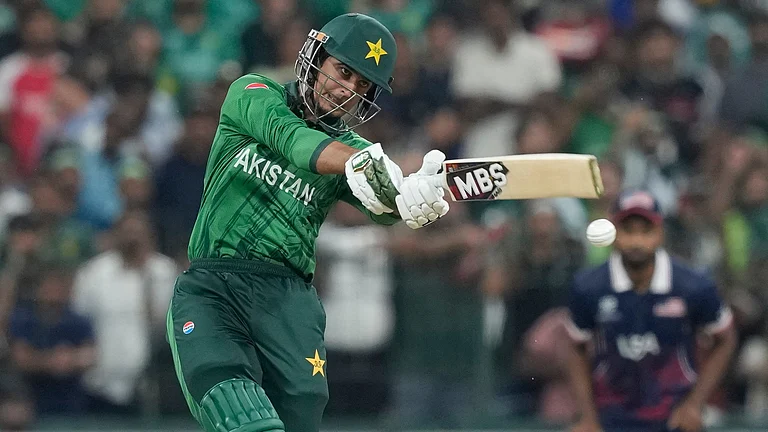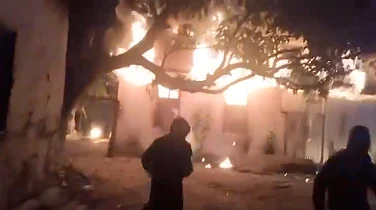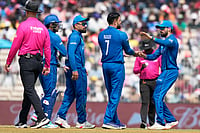It is going to get very cold in north India, and drinking alcohol at home or during year-end parties won't be a good idea, according to the India Meteorological Department (IMD).
In its latest impact-based advisory, the IMD said "severe" cold wave is expected to sweep through Punjab, Haryana, Delhi, Uttar Pradesh and northern Rajasthan from December 28 and there is increased likelihood of various illnesses like flu, running nose or nosebleed which usually set in or get aggravated due to prolonged exposure to cold.
"Don't drink alcohol. It reduces your body temperature," the advisory read.
"Get indoors. Eat vitamin-C-rich fruits and moisturize your skin regularly to counter the effects of severe cold," it said.
Kuldeep Srivastava, the head of the regional forecasting centre of the IMD, said the mercury will increase slightly on Sunday and Monday under the influence of a fresh Western Disturbance affecting the upper reaches of the Himalayas, but the relief will be short-lived.
The Western Disturbance will lead to "scattered to fairly widespread" snowfall in Jammu and Kashmir, Ladakh, Himachal Pradesh and Uttarakhand.
After the wind system withdraws, cold and dry northerly or northwesterly winds from the western Himalayas will bring the minimum temperature in north India down by three to five degrees Celsius, the IMD said.
"Cold wave to severe cold wave conditions are likely in isolated pockets over Punjab, Haryana, Delhi, UP and north Rajasthan from December 28-29. Ground frost and dense fog is likely in isolated pockets in the region," it said.
For the plains, the IMD declares a cold wave when the minimum temperature is 10 degrees Celsius or below and is 4.5 notches less than normal. A "severe" cold wave is when the minimum temperature dips to two degrees Celsius or the departure is more than 6.4 degrees Celsius.
On Sunday last, the Safdarjung Observatory, which provides representative data for the city, recorded a minimum of 3.4 degrees Celsius, the lowest this season so far.






.jpg?w=801&auto=format%2Ccompress&fit=max&format=webp&dpr=1.0)



















